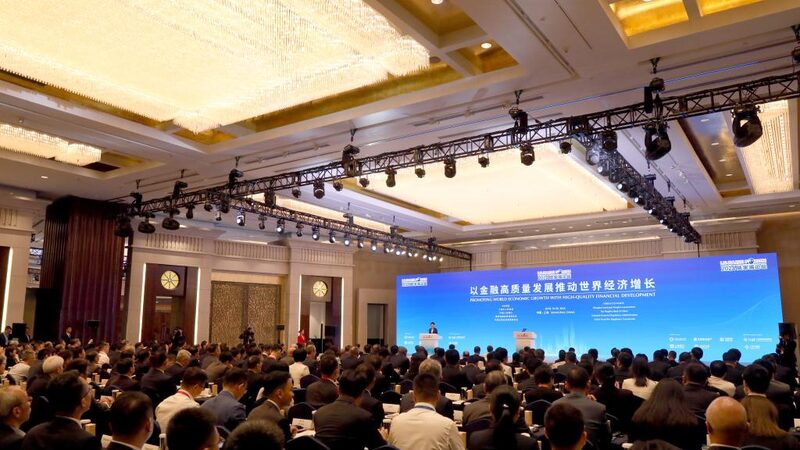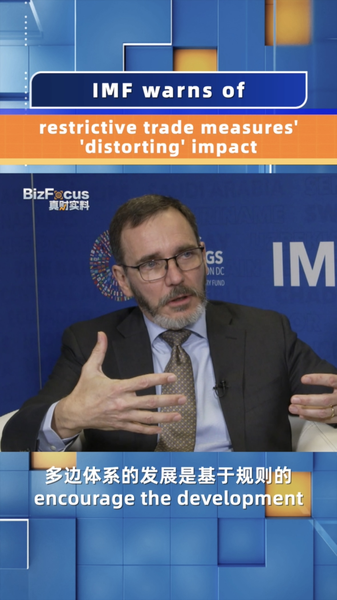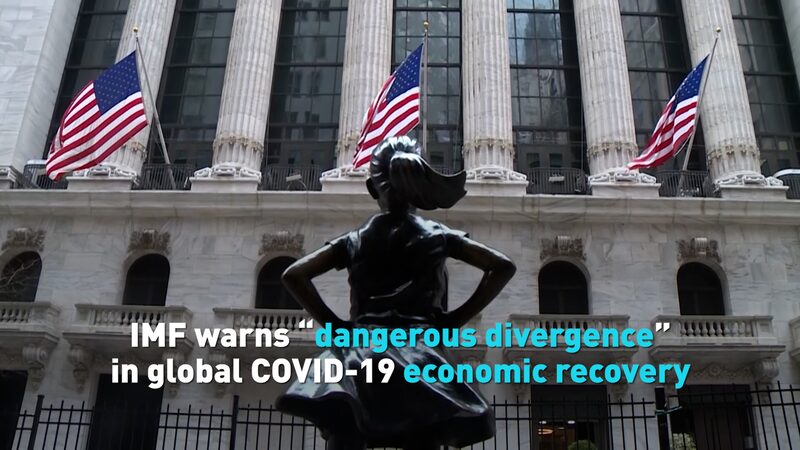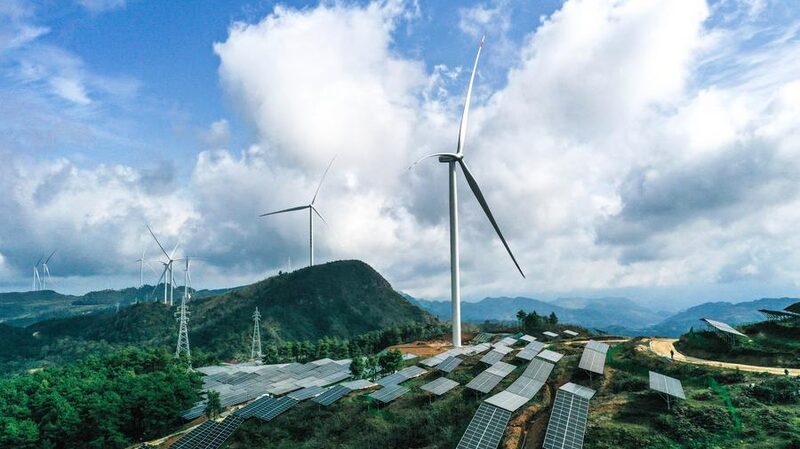From pandemic disruptions to geopolitical tensions, the world’s industrial and supply chains are at a crossroads. Here’s why collaboration—not competition—is the only way forward.
Challenges Hitting Hard
The COVID-19 pandemic exposed vulnerabilities, with factory shutdowns and shipping delays causing chaos. Now, conflicts like the Russia-Ukraine crisis and Red Sea tensions are spiking energy costs and squeezing logistics. A recent Nikkei Asia report warns global shipping capacity has dropped by 20% due to Red Sea instability. 🌊💸
The Cost of Fragmentation
Trade protectionism is rising. Some countries are pushing 'decoupling' strategies, prioritizing politics over economics. The IMF warns this could slash global GDP by 2.3%, hitting low-income nations hardest. 'Friend-shoring'—choosing partners based on politics—risks stifling innovation and jacking up green-tech costs. 📉🌱
China’s Call for Cooperation
At the recent China International Supply Chain Expo, Premier Li Qiang urged nations to resist decoupling, stressing that secure, interconnected chains benefit everyone. China, a leader in green tech like solar and wind power, highlights how shared innovation can accelerate climate goals. 🌏⚡
Bottom line: Over-securitizing supply chains threatens progress. As one expert put it, 'Divided, we fall. Together, we build.' 🤝
Reference(s):
Why a cooperative global industrial & supply chains is urgently needed
cgtn.com







